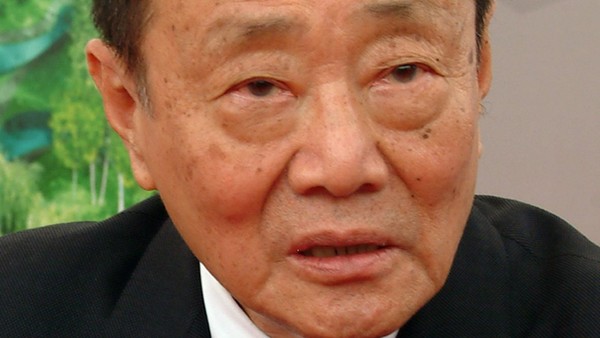When I first read The Alchemy of Finance by George Soros, I thought his “theory of reflexivity” was absurd. It seemed to be an ex post facto explanation for his investment success. Now, having spent more time in the financial markets, I believe he was correct in his observations. We live in a world in which the markets do not stand still.
It is important to recognize that the idea of reflexivity does not stand on its own. As Soros states:
“The two principles [fallibility and reflexivity] are tied together like Siamese twins, but fallibility is the firstborn: without fallibility there would be no reflexivity.”
What does Soros mean by fallibility?
“My conceptual framework is built on two relatively simple propositions. The first is that in situations that have thinking participants, the participants’ views of the world never perfectly correspond to the actual state of affairs. People can gain knowledge of individual facts, but when it comes to formulating theories or forming an overall view, their perspective is bound to be either biased or inconsistent or both. That is the principle of fallibility.”
Soros lays out the argument that behavioral economists would be making for the next three decades: We humans are not perfectly rational decision makers. Instead, we are prone to all manner of information gathering and analytical biases.
Where things get interesting is when these biases have an effect on the markets. Not only will markets do some really strange things, like produce the dot-com bubble, but these beliefs change our behaviors forever. (more…)


 According to Plutarch, “Courage stands halfway between cowardice and rashness…” Clearly, we don’t want to be reckless; and clearly, we don’t want to be hesitant and timid. What we need is a balance. As we go about our trading moderating our greed and our fear to a combination of healthy desire and clear minded caution, we use courage to go forward.
According to Plutarch, “Courage stands halfway between cowardice and rashness…” Clearly, we don’t want to be reckless; and clearly, we don’t want to be hesitant and timid. What we need is a balance. As we go about our trading moderating our greed and our fear to a combination of healthy desire and clear minded caution, we use courage to go forward. 1) Resilience – Successful traders take risk. Successful traders are sometimes wrong. Successful traders take hits. Successful traders learn from the hits, get up, and move on. They are resilient. They succeed, as Churchill observes, by moving from failure to failure with enthusiasm.
1) Resilience – Successful traders take risk. Successful traders are sometimes wrong. Successful traders take hits. Successful traders learn from the hits, get up, and move on. They are resilient. They succeed, as Churchill observes, by moving from failure to failure with enthusiasm.
 R
R
